Trust Deed
The information below refers to Ashford Borough Council's part-ownership of 1, 2, 3, 4, 5, 6 and 7 Ellen Close, Charing, TN27 0GX.
Under an agreement between the developer and Ashford Borough Council, these seven properties are to be sold at only 70% of their market value. This is to try to enable buyers, who might not be able to afford to pay the full market price, to acquire houses in the area. The way in which the sale price is reduced is by only allowing the buyer to own 70% of the market value of the property with the council owning the remaining 30%.
A trust deed between the owner and the council exists for each property, which contains all of the information about ownership of the property. In summary, each trust deed says:
- The Land Registry record for the property will show the individual as the owner. The council will not be shown as an owner. This means that there will be no difficulties in the buyer raising a mortgage from a lender.
- The remaining 30% of the property is owned by the council. The council's share is protected by a note on the Land Registry record for the property.
- The council doesn't interfere with owner's occupation of the property, except:
- the owner must insure the property in the joint names of the owner and the council
- the council has the right at reasonable times and upon notice to inspect the property
- the owner must pay all the outgoings relating to the property (e.g. electricity and Council Tax)
- the owner must keep the property in good repair
- the owner is not allowed to (i) own any other affordable dwelling, (ii) sell the property to someone who already owns an affordable dwelling or (iii) let the property
- When the owner wishes to sell his 70% share they must:
- give notice to the council
- the council will assist in the marketing for three months
- the owner may only sell the 70% share to a local first-time buyer
- the council can check the sale price isn't more than the market value
- When the property is sold, the new owner has to enter into a new trust deed with the council. The sale cannot go ahead without this, as the council has to confirm to the Land Registry that there is a trust deed in place
- The seller must pay the council's expenses, which are usually 0.25% of the sale price
- As long as the owner does not breach any of the terms and conditions of the Trust Deed, the council is not allowed to force a sale of the property
- After 80 years the council will transfer its 30% share free of charge to the then owner
This is a guide only – you should check the wording of the trust deed for the property and get advice from a solicitor.






